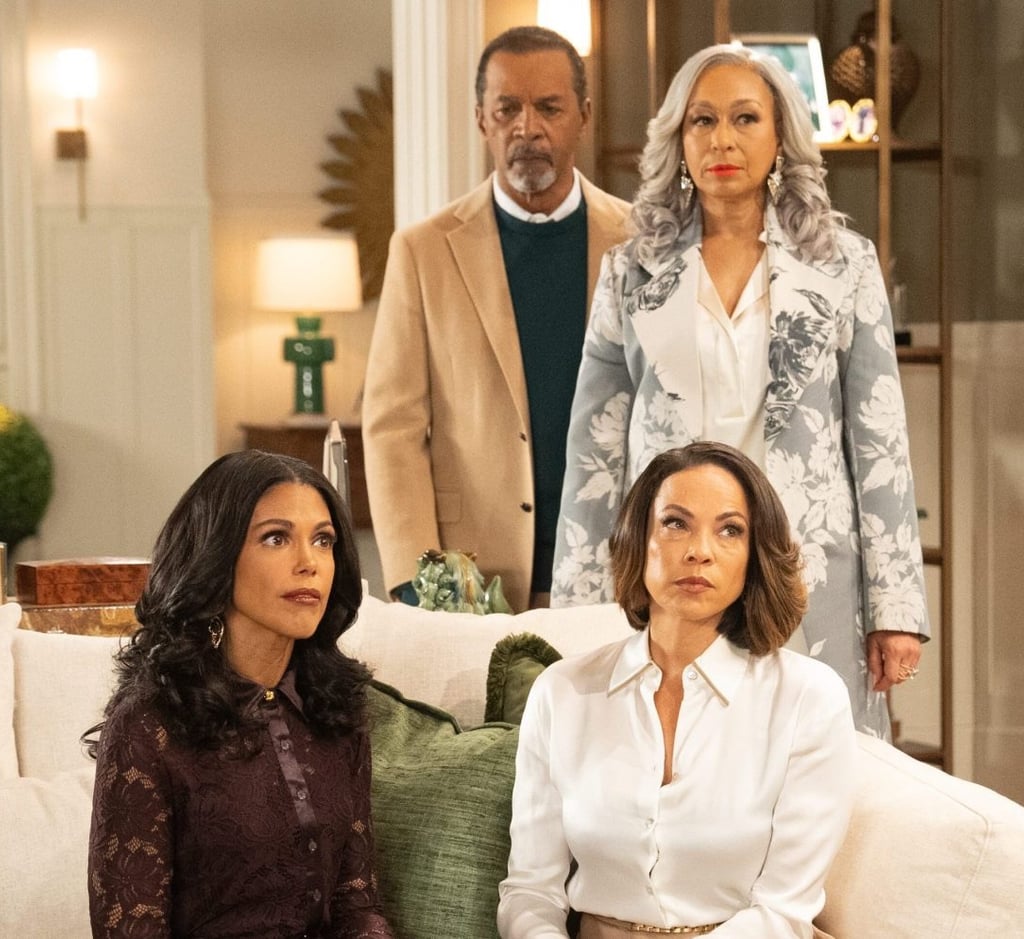When It Comes to Black Representation in TV & Film, We May Be Our Own Worst Enemy
FEATURED ARTICLES
9/18/20253 min read


When It Comes to Black Representation in TV & Film, We May Be Our Own Worst Enemy
By Maurice Woodson
For generations, Black representation in American television and film was built on stereotypes: the maid, the criminal, the “comic relief.” Black characters were often background props rather than fully realized people. There were exceptions — Julia, The Cosby Show, Fresh Prince of Bel Air, A Different World, The Best Man, Boomerang — but for decades, these were the rare outliers rather than the rule.
After the 2020 protests, when millions filled the streets demanding justice, Hollywood swore it would listen. Networks, studios, and ad agencies promised better representation and pledged to diversify their projects. For a moment, it looked like change was coming. But less than three years later, those promises collapsed. Black-led shows began disappearing from the TV landscape, and fewer Black-centered films were greenlit. Today, less than 2% of television or film projects feature Black leads or Black directors. We are moving backward.
Part of the problem lies in power. The overwhelming majority of studios, networks, and production companies are controlled by executives who lean conservative — many openly loyal to a political movement hostile to diversity and inclusion. Under the current presidential administration, that hostility is being blatantly enforced. The industry is “leaned on” to ensure certain narratives are upheld and pushed, while others — especially stories centering Black life — are buried.
But here’s where the true problem lies: while external forces work against us, some of the sharpest blows are coming from within.
Instead of rallying behind projects that give us space to tell our stories, too many of us nitpick, tear down, and outright boycott them. Complaints often stem from misogyny, unrealistic expectations about storytelling, or simple impatience. Studios don’t need much of an excuse to pull the plug on Black shows. When we give them ammunition, they take it.
Take The Acolyte, part of the Star Wars universe. With its diverse cast and Black leads, it should have been celebrated. Instead, it was boycotted and review-bombed, with much of the backlash — disturbingly — coming from Black male audiences.
Or Black Panther: Wakanda Forever. After Chadwick Boseman’s passing, the comics’ own storyline — in which Shuri temporarily becomes the Black Panther — was roughly adapted in order to continue the franchise. Yet the backlash was brutal. Social media was filled with threats to boycott the film entirely. That noise hurt the box office, and the narrative quickly became: audiences don’t want Black-led stories unless they look a certain way.
This brings us to Beyond the Gates, a historic project. In the entire history of American soap operas (1930 - present), only two have ever centered Black leads: Generations in 1989, and now Beyond the Gates.
Where Generations still placed white characters in positions of greater power, Beyond the Gates does something extraordinary: it places strong, complex Black characters at the center of the narrative, within a predominantly Black gated community. It's a true representation of Black personalities as they navigate true issues — the kind of issues that all go through. The show also commits to true diversity — Hispanic, Asian, LGBTQ+, and white characters are included not as props, but as integral parts of the storytelling.
And yet, instead of cherishing this rarity, too many in our own community are the loudest critics. Social media is filled with complaints about storylines, characters not being “perfect,” or unrealistic demands that every plot wrap up neatly in a single episode. It’s as if some expect the show to operate like a two-hour Lifetime movie instead of a soap opera, where long-term arcs are the entire point.
Meanwhile, the same critics rarely voice outrage at the poor writing or the lackluster treatment of Black characters on The Bold and the Beautiful or The Young and the Restless, where Black characters are side-lined, appear only once a week, and are rarely given meaningful storylines.
The Stakes Couldn’t Be Higher
The truth is this: studios and networks — many controlled by MAGA-aligned executives — are already looking for reasons to cancel Black and diverse shows. Every negative campaign, every boycott, every complaint that goes viral is one more nail in the coffin.
If Beyond the Gates fails, if projects like The Acolyte or Black Panther are dragged down by infighting, the industry won’t hesitate to declare, “See? No one wants this.” And when they stop greenlighting Black projects, when they stop hiring Black directors, writers, and crews — whose fault will it be?
Everyone is entitled to their opinion. But when the loudest voices of criticism are aimed at the few projects that center us, we do the work of our oppressors for them. We hand them the excuse they’ve been waiting for: a reason to erase us.
Black representation in film and television is already hanging by a thread. The question is whether we will cut that thread ourselves.
#BlackRepresentation #RepresentationMatters #BlackVoices #BlackExcellenceOnScreen
#SupportBlackCinema #BlackStoriesMatter #FilmAndTV #BlackCreators #WeAreTheCulture
#ProtectBlackStories #BeyondTheGates #BlackPantherForever #TheAcolyte
#InclusionMatters #DiversityInHollywood #KeepUsOnScreen #BeyondTheGates #BTG
